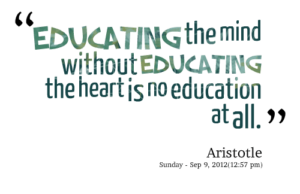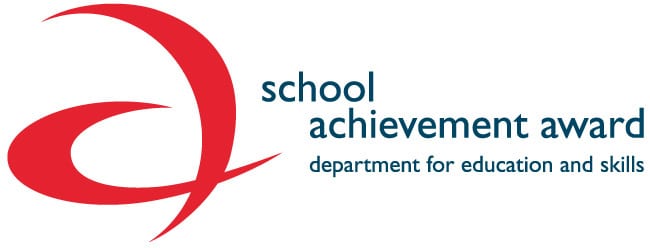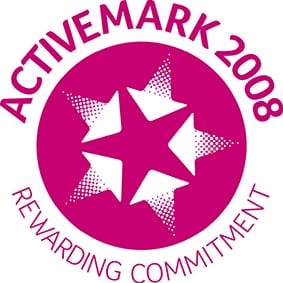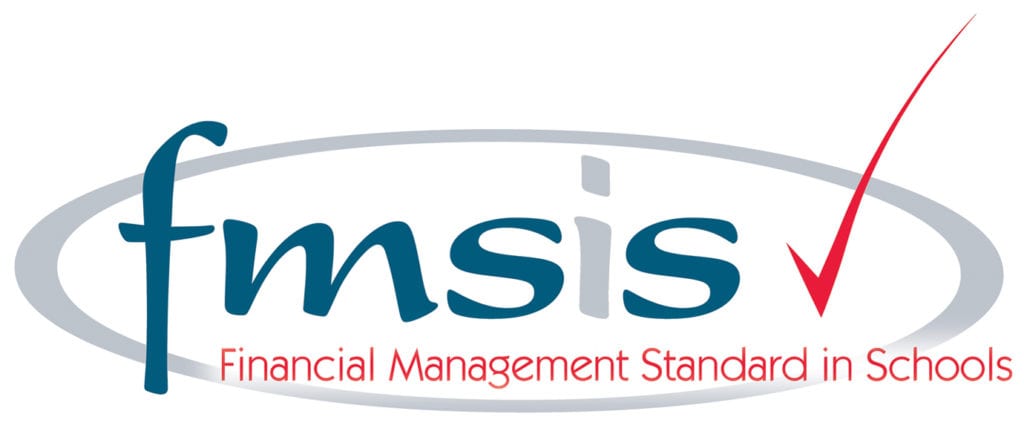Intent
At Horndale County Infant and Nursery School, we teach Religious Education so children can fully immerse themselves in their set religion and understand the importance of equality and respecting everyone’s rights.
Within RE, it is our intent that pupils develop knowledge, understanding and awareness of Christianity and a range of other religions and worldviews. We believe that RE teaching provokes challenging questions about meaning and purpose in life, beliefs about God and issues of right and wrong. It makes a significant contribution to the active promotion of mutual respect and tolerance of others’ faiths and beliefs, a fundamental British value. In RE teaching we aim to foster a sense of awe and wonder, encourage respect for those holding different beliefs and promote spiritual, moral, cultural, and social development. The starting point in any unit of the RE curriculum is a key question that the pupils explore through a range of activities. These are based on knowledge and understanding of religion, critical thinking and personal reflection. The RE curriculum is designed to ensure that pupils build upon previous learning though each key stage so children are equipped to compare features of different religions or worldviews.
In addition we will also use religious festivals throughout the year for special days within school such as Harvest festivals, Christmas, Easter, Diwali and Ramadan. We aim to invite visitors to the school and link with other Primary Schools to provide opportunities for some of our children to work closely with people who belong to and practice a variety of faiths. This is further celebrated via social media for the whole school community. We recognise that children in our context are not regularly exposed to different faiths on a regular basis. We endeavour to ensure the children are educated about a wider range of faiths around the world including Hinduism, Buddhism and Judaism to share how we all have the same rights no matter our race or religion.
Implementation
At Horndale we plan our RE based on the Durham LA’s agreed syllabus. The long and medium term plans ensure that there is progression throughout the school and that children are building upon knowledge learnt in previous years. The topics are designed so that pupils develop knowledge and understanding of the principal religions in Great Britain and Christianity is taught as a core religion in both key stages.
We recognise that within classes, there is a wide variety of abilities and so we provide suitable learning opportunities that are matched to the needs of all children. This is done through providing support, differentiating activities and using a range of teaching and learning styles within lessons.
Enquiry questions are at the heart of RE at all key stages from Early Years Foundation Stage to Key Stage 1. They enable pupils to build on previous learning and deepen and broaden their understanding through increasingly complex themes.
Where possible, teaching will be supplemented with trips to places of worship or visits from people from religious communities.
RE in the Early Years
During the Early Years Foundation Stage (EYFS), Religious Education may be taught as part of whole class topics or themes. The Agreed Syllabus uses the following themes to explore religion: Special and Belonging.
Children explore these ideas through topics such as special times, special objects, special people, special books, how we show belonging, the natural world, new life, new places, and stories provide excellent opportunities for RE foundation work in Nursery and Reception and can be successfully built on at Key Stage 1.
Within RE lessons KS1 children will:
o Recall and name different beliefs and practices, including festivals, forms of worship, rituals and ways of life, in order to find out about the meanings behind them.
o Retell and explore the meanings of some religious and moral stories, explore and discuss sacred writings and sources of wisdom, and recognise the traditions behind them.
o Recognise some of the symbols and actions that express a religious community’s way of life, looking at similarities between them.
o Ask and respond to questions about what individuals and communities do, and why, so they can identify what it means to be a part of a community.
o Observe and recount different ways of expressing identity and belonging.
o Notice and respond to some of the similarities between different religions and worldviews.
o Explore questions about belonging, meaning and truth so that they can express their own opinions and ideas in response, using words, music, art or poetry.
o Find out about and respond to examples of cooperation between people who are different.
o Find out about questions of right and wrong and begin to develop and express their own opinions.
Curriculum enrichment
Children will have many opportunities throughout the year to visit St Clares Church, weekly assemblies are delivered by the Church Community Group, as well as visits from those of other faiths, which will enhance their cultural knowledge.
Impact
As a result of this RE curriculum, our pupils will:
- have a wider understanding of the world’s religions and will have developed their views on world issues.
- They will be able to speak confidently and be able to debate their own opinions when discussing religion with others.
- feel they are valued as individuals and that their own beliefs are valued and celebrated in an accepting environment.
- leave the school with a sense of belonging to a community where they have the confidence and skills to make decisions, self-evaluate and become lifelong learners
RE Whole School Long Term Plan (Last revised July 2022)








